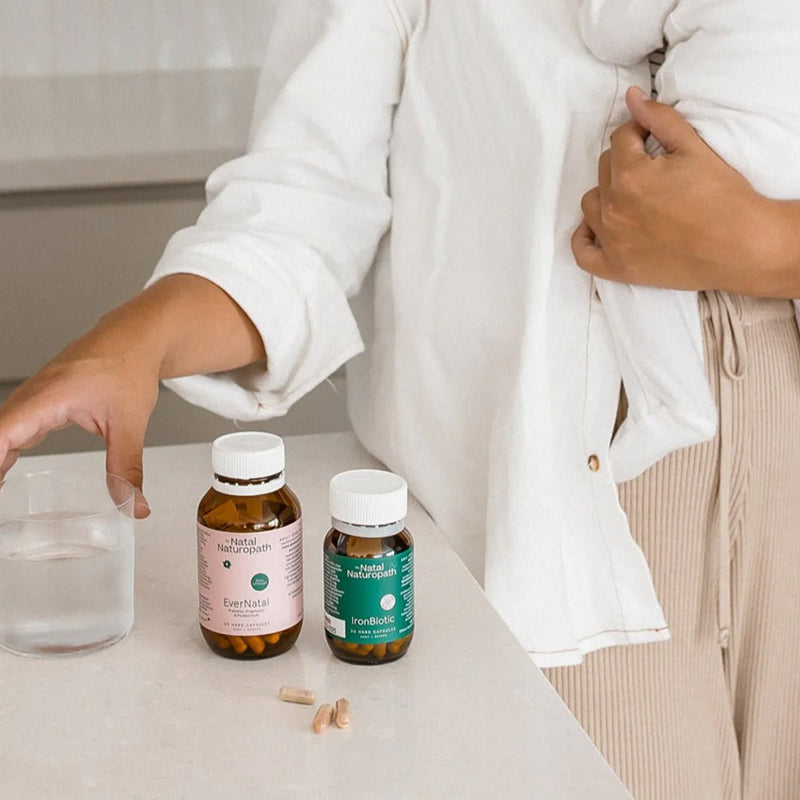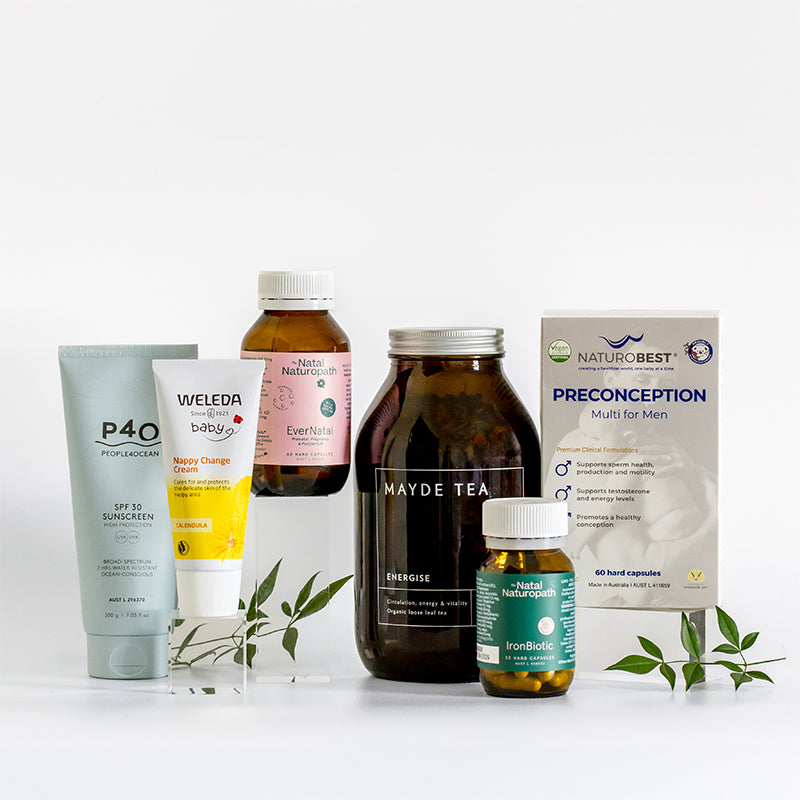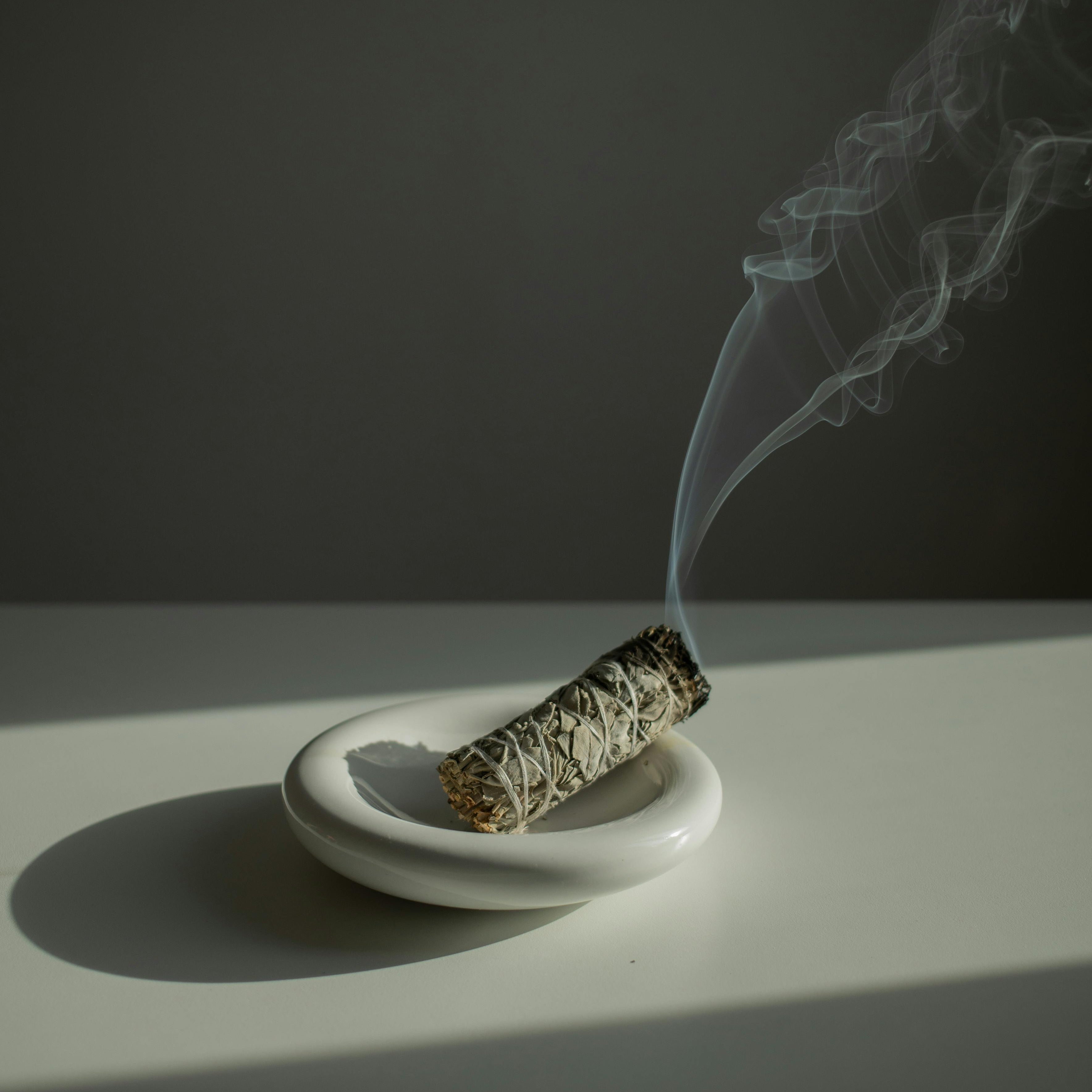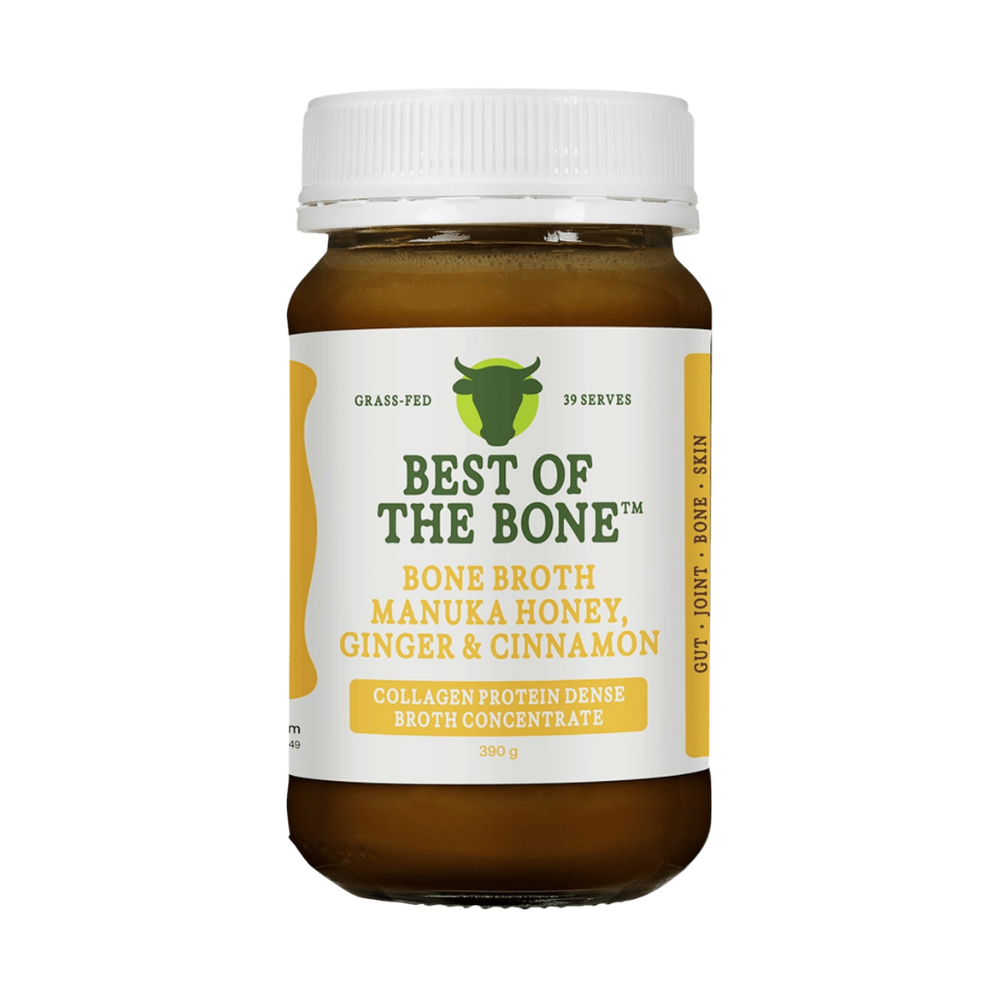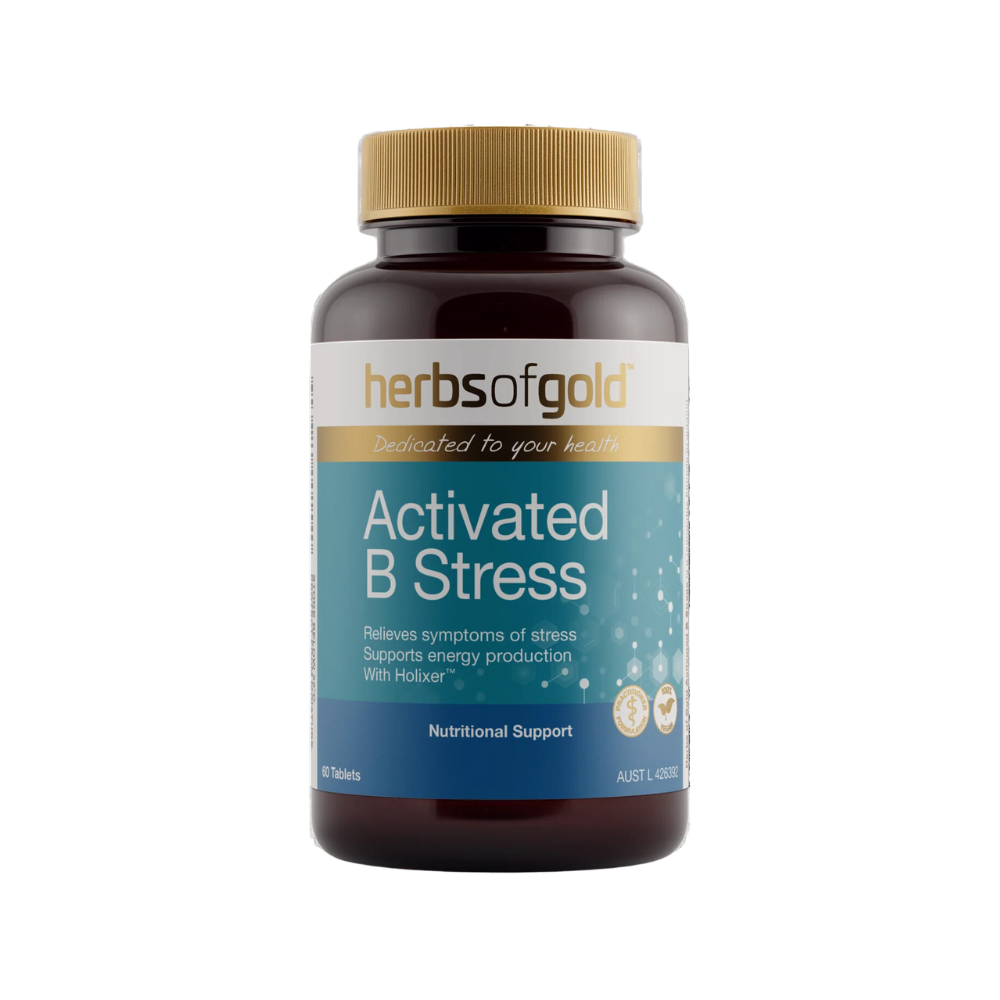In my Naturopathic practice, I’ve seen a growing shift as more people become aware of the chemicals in their environment. This isn’t just a passing trend - it’s a return to traditional wisdom about how our surroundings influence our health. Today, I’m sharing practical low-tox remedies and lifestyle changes that can meaningfully support your wellbeing.
Why low-tox living matters
Every day, we’re exposed to thousands of synthetic chemicals. They exist in our food, water, air, personal care products, and household items. While the human body is equipped with natural detox systems, it’s not designed to process the estimated 80,000+ chemicals found in modern environments.
Many of these are endocrine disruptors that can interfere with hormone function, contributing to:
-
Fertility and reproductive challenges
-
Thyroid dysfunction
-
Metabolic disorders
-
Developmental issues in children
-
Immune system dysregulation
At Nourishing Apothecary, we believe that reducing your toxic load is a core part of holistic health. The best part? You don’t have to overhaul your life overnight - small, consistent changes make a big difference.
The low-tox range
Kitchen remedies: Your first natural pharmacy
Your kitchen likely contains powerful, natural remedies that generations before us trusted:
Apple cider vinegar
A fermented tonic with enzymes and probiotics that can be used for:
-
Household cleaning (dilute 1:1 with water)
-
Hair rinse to balance pH (dilute 1 tablespoon in 1 cup water)
-
Digestive support (dilute 1 teaspoon in water before meals)
Raw honey
Not just delicious - raw honey also offers:
-
Antimicrobial properties for cuts and skin irritations
-
Natural cough relief (especially with lemon and ginger)
-
Prebiotic support for gut health
Coconut oil
A multi-use staple for:
-
Natural skin moisturising without synthetic fragrances
-
Oil pulling for oral health (swish 1 tablespoon for 10 to 15 minutes)
-
DIY body scrubs with sugar or salt
Adaptogenic herbs: Nature’s stress defenders
Adaptogens are a class of herbs that help the body cope with stress - physically, mentally, and emotionally - building resilience over time.
Ashwagandha
-
Balances stress hormones
-
Supports thyroid function
-
Boosts energy naturally
-
Strengthens immunity
Rhodiola
-
Improves mental clarity and focus
-
Increases stamina and recovery
-
Helps stabilise mood
-
Reduces fatigue
Holy basil (tulsi)
-
Naturally eases anxiety
-
Helps regulate blood sugar
-
Supports respiratory health
-
Provides anti-inflammatory benefits
These herbs work best with consistent use, helping your body better respond to everyday stressors.
Creating a low-tox home environment
Your home should be a sanctuary. Here are simple swaps to reduce chemical exposure:
Cleaning products
-
Bicarbonate soda for scrubbing
-
White vinegar for windows and benchtops
-
Tea tree or lemon essential oil for antimicrobial benefits
-
Microfibre cloths instead of disposable wipes
Air quality
-
Indoor plants like peace lilies or snake plants
-
Open windows regularly for airflow
-
Avoid synthetic fragrances in candles or sprays
-
Use an essential oil diffuser with pure oils
Water
-
Install drinking and shower filters
-
Choose glass or stainless steel bottles
-
Use filtered shower heads to reduce chlorine exposure

Low-tox personal care basics
What goes on your body is just as important as what goes in it:
Simple moisturiser
Blend equal parts shea butter and coconut oil, adding a few drops of essential oil.
Natural deodorant
Mix coconut oil with bicarbonate soda and antimicrobial essential oils.
Oil cleansing
Use natural oils like jojoba or rosehip to gently cleanse your face and balance sebum production.

Supporting your body’s natural detoxification
Real detox isn’t about juice cleanses, it’s about supporting your natural systems:
Liver support
-
Eat bitter greens like dandelion and rocket
-
Include cruciferous veg like broccoli and Brussels sprouts
-
Use herbs like milk thistle and dandelion root
-
Ensure adequate protein intake
Lymphatic movement
-
Dry brushing before showering
-
Gentle rebounding (mini trampoline)
-
Daily movement and stretching
-
Stay hydrated
Gut health
-
Add fermented foods like sauerkraut and kefir
-
Eat a variety of plant-based fibre
-
Reduce alcohol and processed foods
-
Manage stress to support the gut-brain axis
The emotional aspect of low-tox living
Low-tox living is about balance, not perfection. Fear or anxiety around toxins can create stress, which ironically undermines your body’s natural detox capacity.
At Nourishing Apothecary, we encourage:
-
Progress over perfection
-
Celebrating small wins
-
Focusing on what to add, not just what to avoid
-
Building community around shared values
Getting started with low-tox living
Feeling overwhelmed? Start with:
-
The 80/20 rule – Make better choices 80 per cent of the time
-
One room at a time – Begin with your bedroom then branch out to the rest of your home
-
Use what you have – Replace items as they run out
-
Prioritise contact – Start with things that touch your skin or are used daily
Beyond home remedies: When to seek support
While lifestyle changes are a strong foundation, there are times when professional support is essential.
At Nourishing Apothecary, we offer personalised Naturopathic consultations to help you:
-
Identify underlying imbalances
-
Create a tailored supplement and herbal plan
-
Access relevant testing if needed
-
Receive food and lifestyle recommendations specific to your body
Ready to begin your low-tox journey?
Book a Naturopathic consultation at nourishingapothecary.com or visit our Liverpool clinic to explore our curated range of natural remedies and low-tox products.

